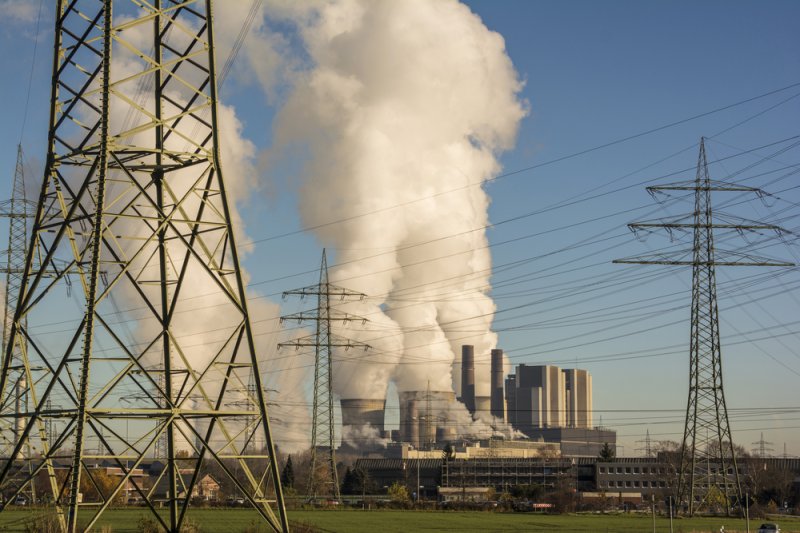UPI – Home / Science News
Rising CO2 poses bigger climate threat than warming, study says
New research suggests geo-engineering efforts designed to encourage cooling and reduce rising temperatures are likely to do little to prevent damaging weather extremes.
By Brook Hays June 12, 2018
 New research suggests CO2 concentrations are a better predictor of the extreme weather events associated with global warming. Photo by Reinhard Tiburzy/Shutterstock
New research suggests CO2 concentrations are a better predictor of the extreme weather events associated with global warming. Photo by Reinhard Tiburzy/Shutterstock
June 12 (UPI) — Even if global warming is curbed and the increase in global temperature is limited to 1.5 degrees Celsius, scientists warn rising CO2 concentrations could still trigger a dangerous increase in extreme weather.
Broadly speaking, more CO2 translates to higher temperatures, but the relationship between atmosphere and climate is complex, and scientists say there are scenarios in which warming could be limited to 1.5 degrees, despite a sizable increase in atmospheric CO2.
New climate models developed by researchers at the University of Bristol and the University of Oxford suggest CO2 levels, not global temperatures, are a better predictor of the most damaging consequences of climate change.
“Future work is needed to confirm exactly why we see this direct CO2 effect, but current research points to a combination of circulation and cloud cover changes, and an increase in the amount of direct radiation on the Earth’s surface due to simply having more CO2 in the atmosphere,” Hugh Baker, a PhD student in physics at Oxford, said in a news release.
In a new study, published this week in the journal Nature Climate Change, scientists argued climate change mitigation agreements need set targets for atmospheric CO2.
The new research suggests geo-engineering efforts designed to encourage cooling and reducing rising temperatures are likely to do little to prevent damaging weather extremes.
“Geo-engineering techniques that reduce the amount of sunlight hitting the Earth’s surface are increasingly thought of as a way of achieving the Paris Goals because they decrease surface temperature,” said Bristol scientist Dann Mitchell. “However, our results show that for extreme climate such as heatwaves, changing the global mean temperature is not enough, you need to reduce CO2 concentrations themselves.”
Related UPI Stories
Study reveals missing drivers of ocean deoxygenation
Taking CO2 out of the air is more economical than scientists thought
Atmospheric CO2 levels in April hit highest average ever recorded
